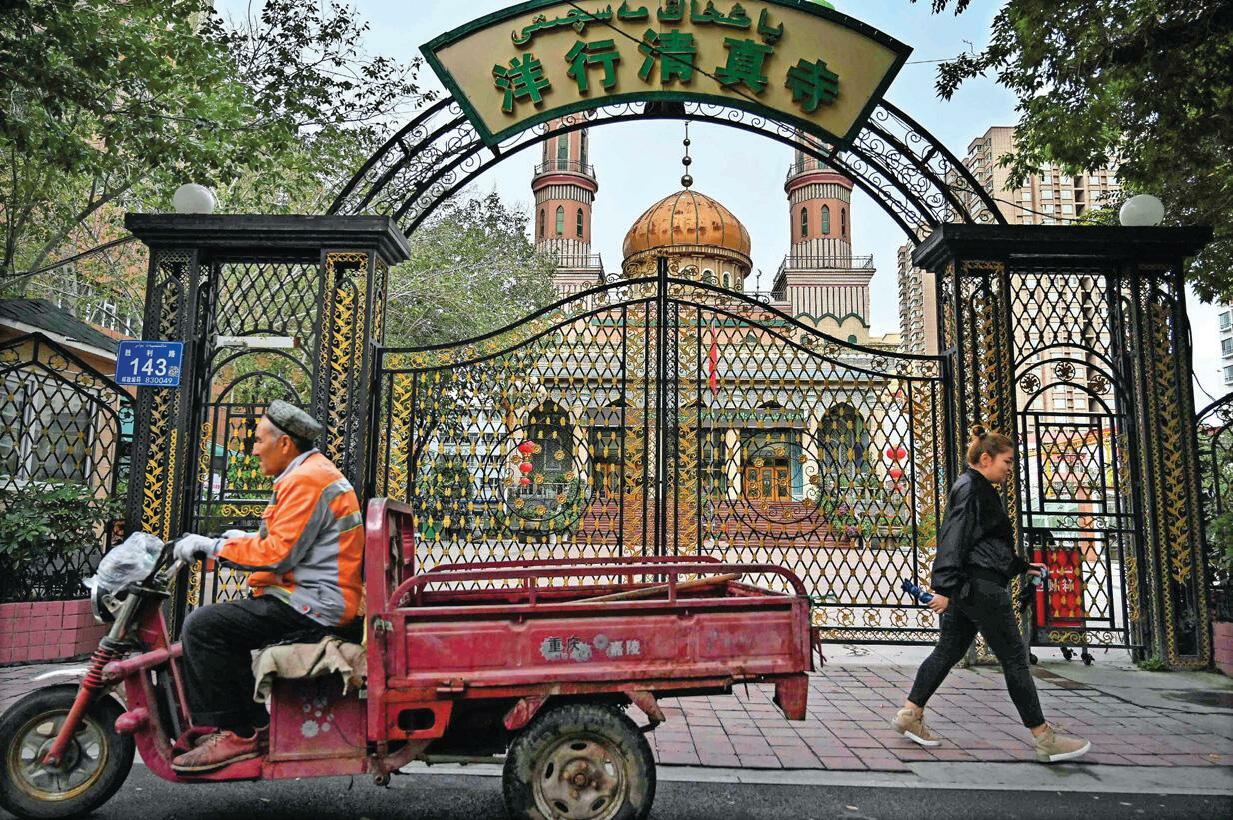
On June 3, 1989, the Chinese government sent tanks, armoured vehicles, soldiers and armed police to clear Tiananmen Square, which is among the world's largest public spaces, and its periphery off protesters and bystanders. A large number of people were killed overnight and until next evening.
Thousands had gathered from across the country in the weeks leading up to the crackdown to demand political reforms, support the protests or witness what turned out to be one of the 20th century's most significant events. The Communist Party of China has since done a lot to keep any challenge to its rule, even notional, at bay.
China has witnessed a vigorous crushing of civil liberties over the past decade. India saw the freedoms of speech and faith come under strain during a similar period. While the two countries cannot be compared on this matrix, India could heed the lessons from China.
This year, the Hong Kong police detained an artist for drawing "8964"-a reference to the date of the Tiananmen Square crackdown in the air. Others were arrested for gestures such as turning on their phone torch, associated with a vigil that is no longer allowed. The commemoration is barred in China. Under a national security law following the pro-democracy protests in 2019-20, Hong Kong is being made to resemble the mainland. Thousands, mostly youth, were arrested after that. Tiananmen Mothers, an NGO of the families of students killed that summer in Beijing, are not allowed to grieve in public.
So far, the party has termed the Mao-era Cultural Revolution (1966-76) a turbulent phase. It has not acknowledged 1989 more than a “political incident”.
Maya Wang, interim China director at Human Rights Watch, a US-based global NGO, described the condition of civil liberties in today’s China as “dystopian”. “Things have gotten worse since Xi came to power in 2012,” she said. “The deepening repression is particularly significant in Xinjiang, Tibet and Hong Kong.”
This story is from the July 21, 2024 edition of THE WEEK India.
Start your 7-day Magzter GOLD free trial to access thousands of curated premium stories, and 9,000+ magazines and newspapers.
Already a subscriber ? Sign In
This story is from the July 21, 2024 edition of THE WEEK India.
Start your 7-day Magzter GOLD free trial to access thousands of curated premium stories, and 9,000+ magazines and newspapers.
Already a subscriber? Sign In

Forging the future
As the curtain falls on 2024, I take pride in the extraordinary milestones achieved under the leadership of Prime Minister Narendra Modi. This year stands as a testament to the Modi government's resolve to forge a resilient and forward-looking Bharat. From groundbreaking advancements in infrastructure to visionary global initiatives, these efforts resonate deeply with the vision of Viksit Bharat.

Our strange democracy
Abraham Lincoln is lauded as among the very best presidents the US ever had: the statesman par excellence successfully steered the nation through the devastating and perilous years of the American civil war. Not only did Lincoln manage to keep his country united, he also ensured the passage of the 13th amendment to the US constitution, which abolished slavery.

Five years of post-pandemic fashion
It has been five years since we discovered what Covid-19 was, and five years since it disrupted the world forever. The World Health Organization activated their emergency systems on January 1, 2020, and informed the world by January 4, 2020. By the end of that week, they had set guidelines for various countries to follow. Comparable to the Spanish flu of 1918, more than 7 million people have died of Covid according to official data. Unofficially, no one has an idea. WHO has just this week asked China to provide critical data to understand the virus's origins as a “moral and scientific imperative”.

Community spirit
Rhythm of Dammam opens a window to the world of African-origin Siddis of Uttara Kannada

'Breaking' down a scandal
Society Girl is not just a case study of a high-profile death in Pakistan but also a stark commentary on media trials

Progress card
Jasmine Shah's book tells you what the AAP has achieved in Delhi in the last 10 years

SENSE IN NONSENSE
In his latest book of poetry, Ruskin Bond is at his funniest

Get ready for Trump bump
The ‘butterfly effect’ is a beautiful, mysterious metaphor of the planet’s interconnectedness.

QUIET FLOWS THE FAITH
The melding of an ancient amorphous faith and the latest science; of an antique tradition and new practices; ways of life older than memory and new expressions is happening at Prayagraj in Uttar Pradesh.

Trash to treasure
How a weed-choked Dal Lake spurred Maninder Singh's journey to become a waste management visionary